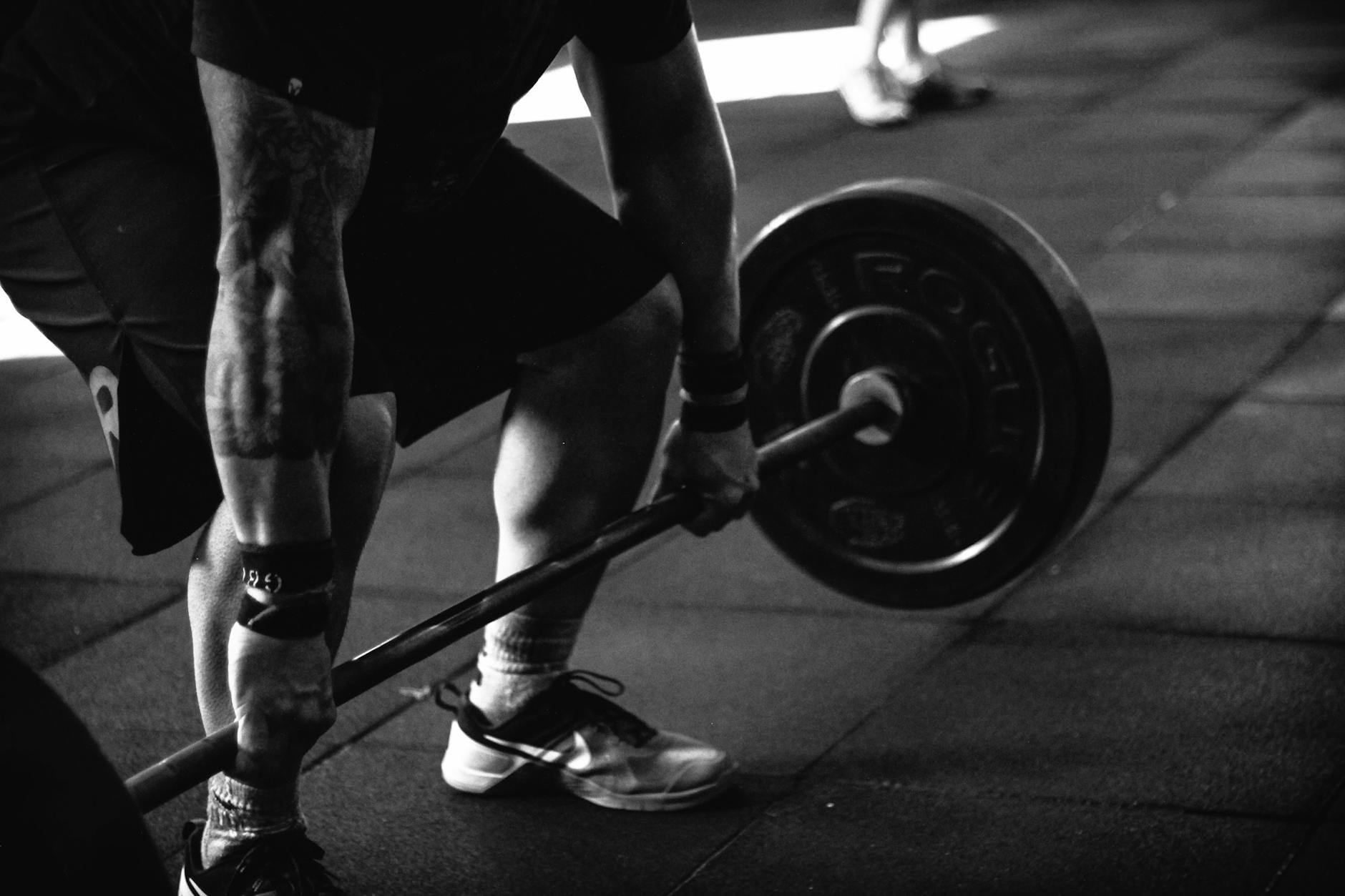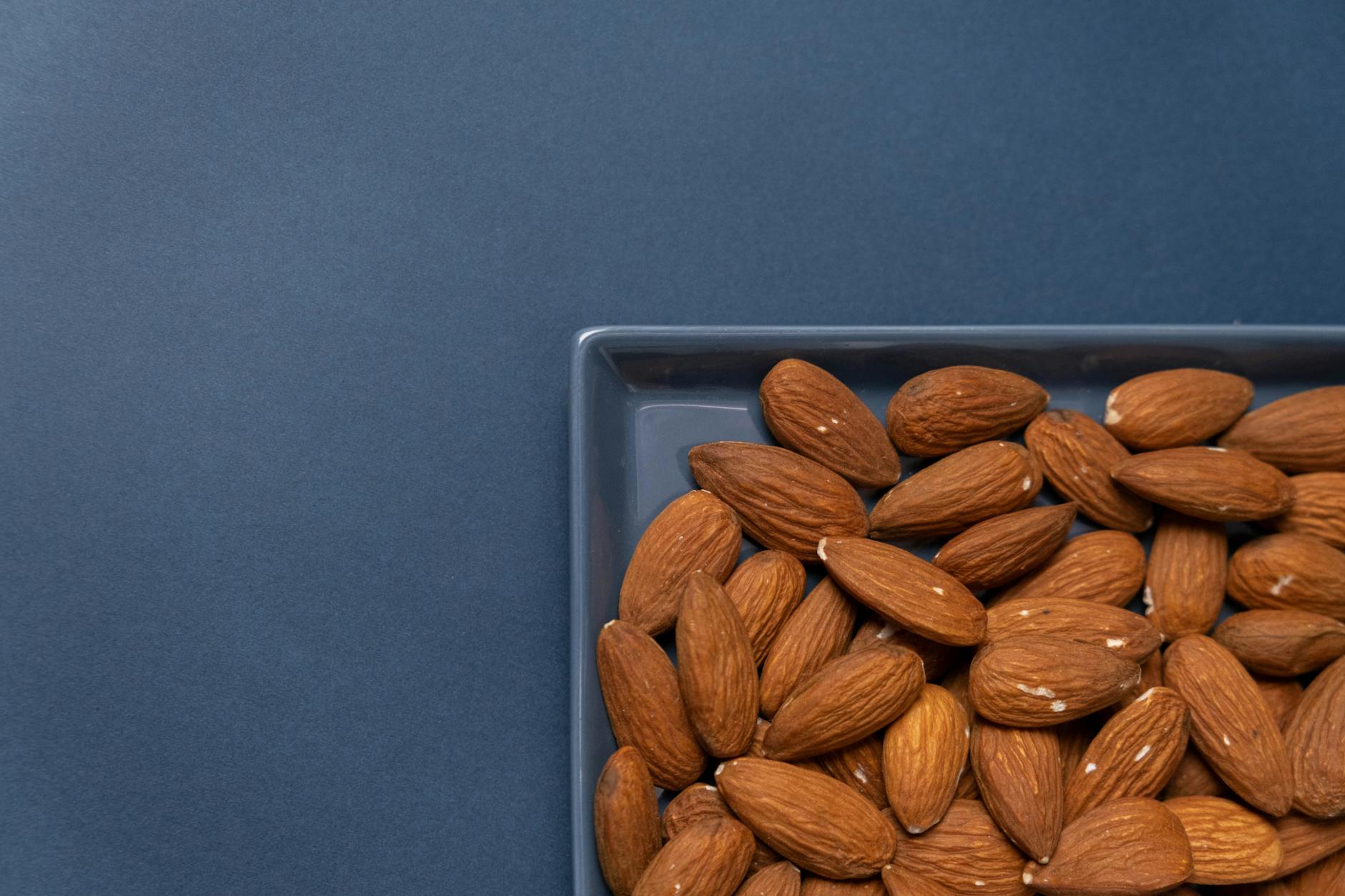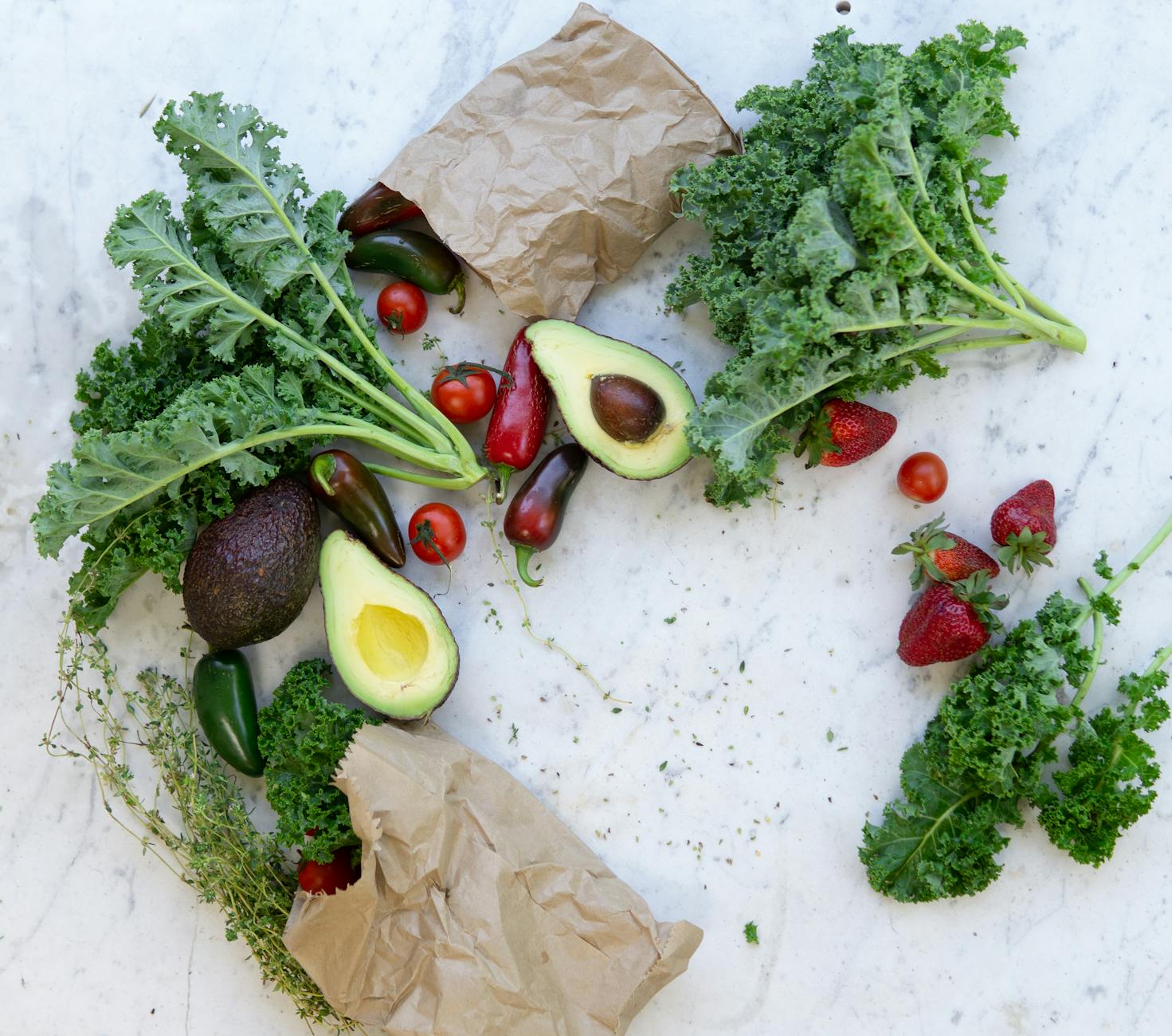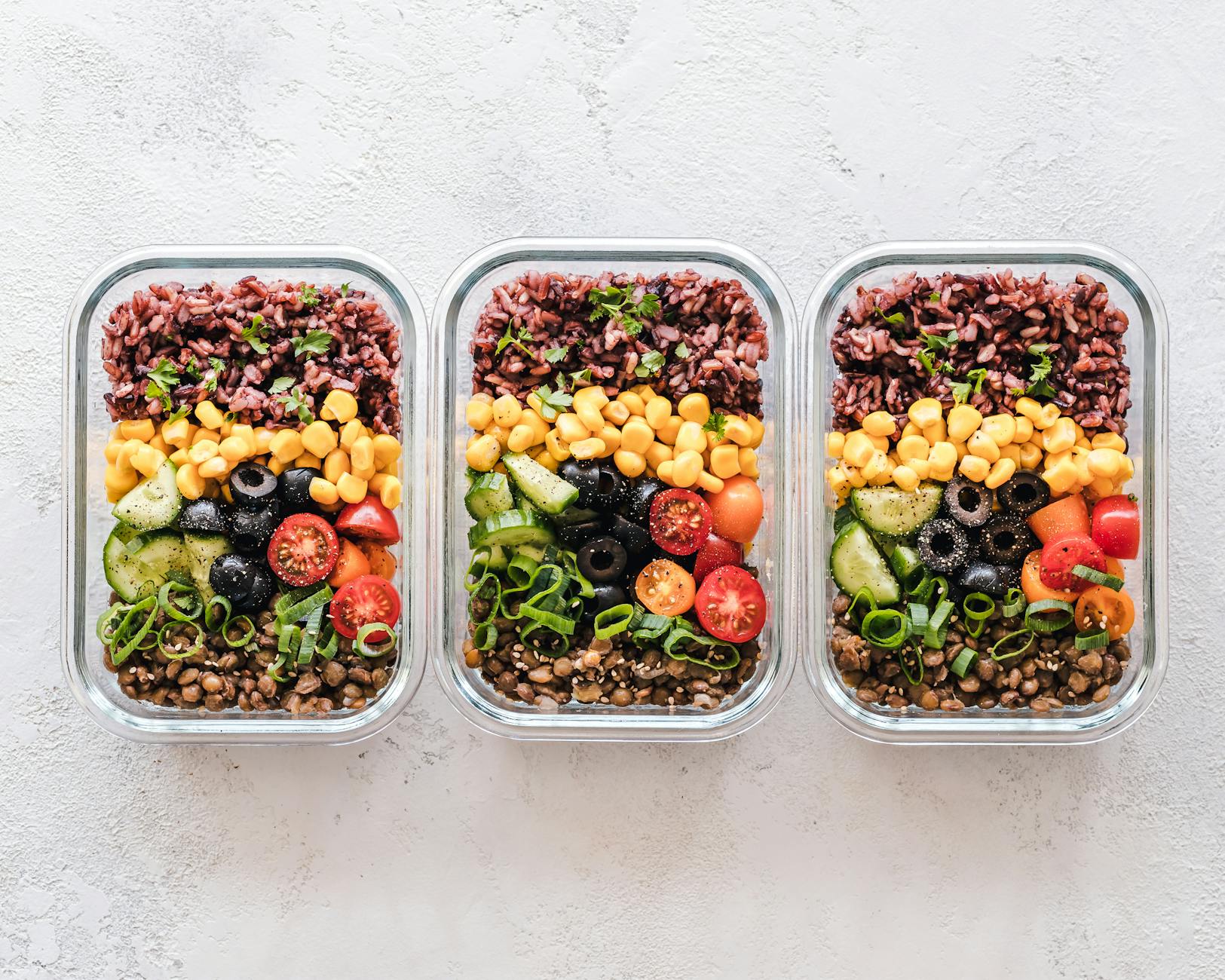
Are you tired of hitting plateaus in your weightlifting journey? 💪 Frustrated by slow progress despite countless hours in the gym? The secret to breaking through these barriers might not be in your workout routine, but on your plate. 🍽️
Nutrition plays a crucial role in weightlifting success, yet it's often overlooked by many fitness enthusiasts. The right balance of nutrients can be the difference between mediocre gains and spectacular results. But with so much conflicting information out there, it's easy to feel overwhelmed and unsure about what to eat to support your lifting goals.
In this comprehensive guide, we'll dive deep into the world of nutrition for weightlifters. From understanding macronutrients to optimizing calorie intake, we'll cover everything you need to know to fuel your body for maximum strength and muscle growth. We'll explore key micronutrients, hydration strategies, and even discuss supplements that can enhance your progress. By the end of this post, you'll have a clear roadmap for meal planning that will set you up for weightlifting success. Let's lift the veil on nutrition and take your strength training to new heights! 🚀

Understanding Macronutrients for Weightlifting
Now that we've introduced the importance of nutrition in weightlifting, let's dive into the crucial role of macronutrients. Understanding these key components of your diet is essential for maximizing your weightlifting performance and achieving your fitness goals.
Protein: The Building Block of Muscle
Protein is often called the cornerstone of a weightlifter's diet, and for good reason. It provides the essential amino acids needed for muscle repair and growth. Here's why protein is crucial:
-
Muscle Recovery: Aids in repairing micro-tears in muscle fibers after intense workouts
-
Muscle Growth: Supplies the building blocks for new muscle tissue
-
Satiety: Helps you feel fuller for longer, supporting weight management
Aim for 1.6-2.2 grams of protein per kilogram of body weight daily.
Carbohydrates: Fueling Your Workouts
Carbohydrates are your body's primary energy source, especially during high-intensity weightlifting sessions. They play a vital role in:
-
Energy Production: Provides quick and readily available fuel for workouts
-
Glycogen Replenishment: Restores muscle glycogen stores post-workout
-
Protein Sparing: Preserves muscle tissue by being the preferred energy source
Fats: Essential for Hormone Production
While often misunderstood, fats are crucial for weightlifters. They contribute to:
-
Hormone Regulation: Supports the production of testosterone and growth hormone
-
Energy Storage: Provides a long-lasting energy source for extended training sessions
-
Nutrient Absorption: Aids in the absorption of fat-soluble vitamins (A, D, E, K)
| Macronutrient | Recommended Intake | Key Benefits |
|---|---|---|
| Protein | 1.6-2.2g/kg body weight | Muscle repair and growth |
| Carbohydrates | 3-5g/kg body weight | Energy for workouts |
| Fats | 20-35% of total calories | Hormone production |
Understanding these macronutrients and their roles will help you tailor your diet for optimal weightlifting performance. Next, we'll explore how to optimize your calorie intake for muscle growth.

Optimizing Calorie Intake for Muscle Growth
Now that we've covered macronutrients, let's dive into how to optimize your calorie intake for muscle growth. This is crucial for weightlifters looking to maximize their gains and performance.
Calculating Your Daily Caloric Needs
To build muscle effectively, you need to consume more calories than you burn. Start by calculating your Total Daily Energy Expenditure (TDEE) using the following formula:
| Activity Level | Multiplier |
|---|---|
| Sedentary | 1.2 |
| Lightly Active | 1.375 |
| Moderately Active | 1.55 |
| Very Active | 1.725 |
| Extra Active | 1.9 |
TDEE = Basal Metabolic Rate (BMR) × Activity Multiplier
For muscle growth, add 300-500 calories to your TDEE.
Bulking vs. Cutting: Adjusting Calories for Your Goals
-
Bulking: Consume 10-20% more calories than your TDEE
-
Cutting: Reduce calories by 10-20% below your TDEE
-
Maintenance: Eat at your TDEE
The Importance of Meal Timing
Optimize your muscle growth by strategically timing your meals:
-
Pre-workout: Consume a balanced meal 2-3 hours before training
-
Post-workout: Eat within 30 minutes to 2 hours after your session
-
Throughout the day: Spread protein intake evenly across meals
By carefully managing your calorie intake and meal timing, you'll create the ideal environment for muscle growth and strength gains. Next, we'll explore the key micronutrients that play a vital role in strength and recovery.

Key Micronutrients for Strength and Recovery
Now that we've covered macronutrients and calorie intake, let's explore the vital micronutrients that play a crucial role in strength and recovery for weightlifters.
Vitamins That Enhance Performance
Vitamins are essential for optimal performance in weightlifting. Here are some key vitamins and their benefits:
| Vitamin | Benefits for Weightlifters |
|---|---|
| Vitamin D | Enhances muscle strength and reduces fatigue |
| B-Complex | Improves energy metabolism and muscle function |
| Vitamin C | Boosts immune system and aids in collagen synthesis |
| Vitamin E | Acts as an antioxidant, reducing muscle damage |
Minerals That Support Muscle Function
Minerals are equally important for muscle function and overall health. Consider incorporating these minerals into your diet:
-
Calcium: Essential for muscle contraction and bone health
-
Magnesium: Aids in muscle relaxation and energy production
-
Iron: Crucial for oxygen transport to muscles
-
Zinc: Supports protein synthesis and hormone production
Antioxidants for Reducing Exercise-Induced Stress
Antioxidants play a vital role in reducing oxidative stress caused by intense weightlifting sessions. Some powerful antioxidants include:
-
Beta-carotene
-
Selenium
-
Lycopene
-
Flavonoids
These antioxidants help neutralize free radicals, reduce inflammation, and speed up recovery time between workouts.
By focusing on these key micronutrients, weightlifters can significantly enhance their strength, performance, and recovery. Next, we'll explore hydration strategies to further optimize your weightlifting success.

Hydration Strategies for Weightlifters
Now that we've covered essential nutrients, let's dive into a crucial aspect of weightlifting success: hydration. Proper hydration is vital for optimal performance, recovery, and overall health in weightlifting.
A. Water Intake Guidelines for Optimal Performance
Weightlifters should aim to consume 0.5-1 ounce of water per pound of body weight daily. Here's a simple guide:
| Body Weight (lbs) | Daily Water Intake (oz) |
|---|---|
| 150 | 75-150 |
| 200 | 100-200 |
| 250 | 125-250 |
B. Electrolyte Balance and Its Impact on Lifts
Electrolytes play a crucial role in muscle function and hydration. Key electrolytes for weightlifters include:
-
Sodium
-
Potassium
-
Magnesium
-
Calcium
Maintaining proper electrolyte balance can prevent cramping and fatigue during intense lifts.
C. Pre, During, and Post-Workout Hydration
-
Pre-workout: Drink 16-20 oz of water 2-3 hours before training
-
During workout: Sip 7-10 oz of water every 10-20 minutes
-
Post-workout: Consume 16-24 oz of water for every pound lost during exercise
Next, we'll explore how supplements can further enhance your weightlifting progress and complement your nutrition and hydration strategies.

Supplements to Enhance Weightlifting Progress
Now that we've covered essential nutrients and hydration strategies, let's explore supplements that can boost your weightlifting performance.
Protein Powders: Types and Benefits
Protein powders are a staple for many weightlifters. They come in various forms:
| Type | Benefits | Best For |
|---|---|---|
| Whey | Fast-absorbing, rich in BCAAs | Post-workout recovery |
| Casein | Slow-digesting, promotes satiety | Nighttime use |
| Plant-based | Suitable for vegans, diverse amino profile | All-day use |
Creatine: Boosting Strength and Power
Creatine is one of the most researched and effective supplements for weightlifters. Benefits include:
-
Increased muscle strength and power
-
Enhanced muscle recovery
-
Improved anaerobic endurance
BCAAs: Supporting Muscle Recovery
Branched-Chain Amino Acids (BCAAs) play a crucial role in:
-
Reducing muscle soreness
-
Preventing muscle breakdown
-
Promoting protein synthesis
Pre-Workout Formulas: Pros and Cons
Pre-workout supplements can provide an energy boost, but consider these factors:
Pros:
-
Increased focus and motivation
-
Enhanced blood flow to muscles
Cons:
-
Potential for overstimulation
-
Risk of dependency
When incorporating supplements, remember they're meant to complement a solid nutrition plan, not replace whole foods. Next, we'll explore how to create an effective meal plan to support your weightlifting goals.

Meal Planning for Weightlifting Success
Structuring Your Daily Meals
Effective meal planning is crucial for weightlifting success. Structure your daily meals around your training schedule to optimize energy levels and recovery. Aim for 4-6 balanced meals throughout the day, focusing on protein, complex carbohydrates, and healthy fats.
Pre-Workout Nutrition for Maximum Energy
Fuel your workouts with a pre-workout meal 1-2 hours before training. This meal should include:
-
Complex carbohydrates for sustained energy
-
Lean protein for muscle support
-
Low in fat to avoid digestive discomfort
| Nutrient | Purpose | Example Foods |
|---|---|---|
| Carbs | Energy | Oats, banana |
| Protein | Muscle | Chicken, eggs |
Post-Workout Nutrition for Optimal Recovery
After training, consume a meal within 30-60 minutes to kickstart recovery:
-
Fast-absorbing protein (e.g., whey)
-
Simple carbohydrates to replenish glycogen
-
Electrolytes to replace lost minerals
Sample Meal Plans for Different Weightlifting Goals
Tailor your meal plan to your specific weightlifting goals:
-
Muscle gain: Higher calorie intake with emphasis on protein
-
Strength focus: Balanced macronutrients with adequate carbohydrates
-
Cutting phase: Reduced calories while maintaining high protein
Remember, consistency in your meal planning is key to achieving your weightlifting goals. Adjust your plan as needed based on your progress and energy levels during training.

Proper nutrition is the cornerstone of weightlifting success, working hand-in-hand with training to maximize strength gains and muscle growth. By understanding and optimizing macronutrients, calorie intake, and essential micronutrients, weightlifters can fuel their bodies for peak performance and recovery. Hydration and strategic supplement use further support these efforts, while thoughtful meal planning ensures consistent nutritional support throughout the day.
To achieve your weightlifting goals, prioritize a balanced, nutrient-dense diet tailored to your specific needs and training regimen. Remember, nutrition is not a one-size-fits-all approach – experiment with different strategies and consult with a sports nutritionist to find the optimal plan for your body and goals. With dedication to both your training and nutrition, you'll be well-equipped to reach new heights in your weightlifting journey.